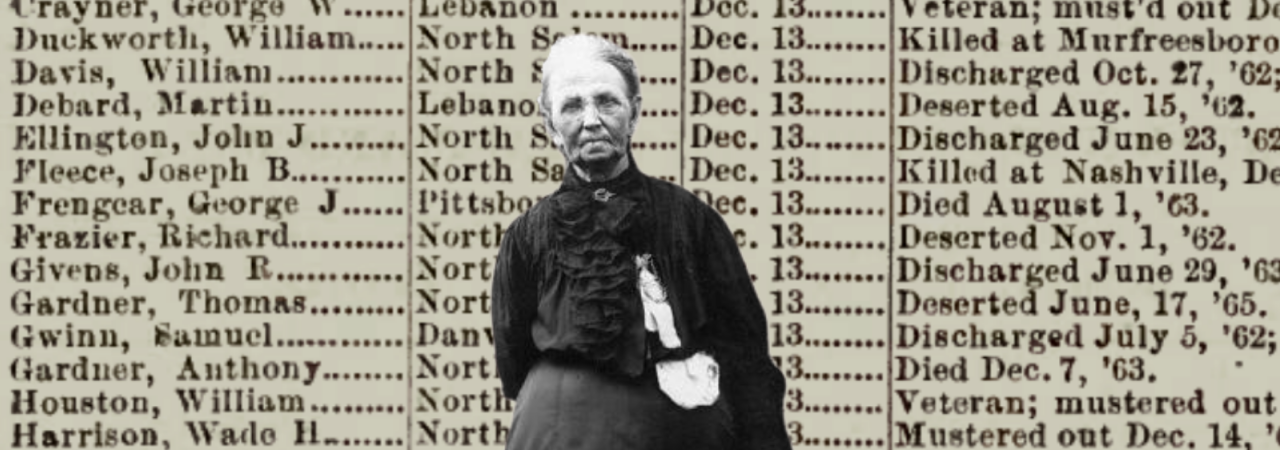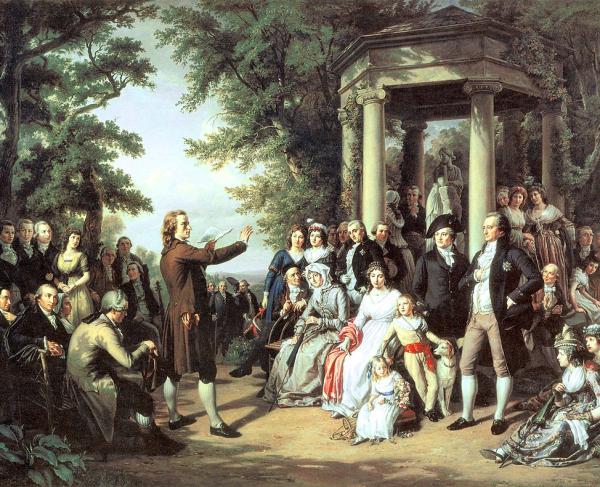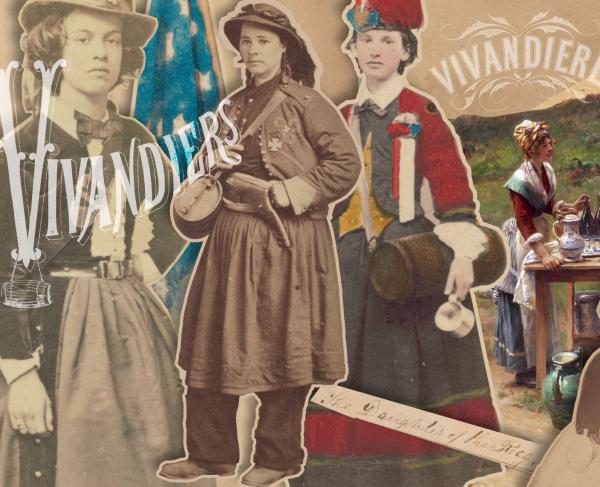
While March may be known as Women’s History Month, it is always a good time to reflect on and highlight the numerous contributions made by women. And while several women are worthy of note, I’d like to shine a spotlight on the ultimate “working mom” and someone whose name should be commonplace in Indiana’s Civil War history: Lovina McCarthy Streight.
Challenging how people defined a good wife and mother, Lovina dared to be different.
When the Civil War broke out, she didn’t simply accept the confining expectations placed on the mother of a five-year-old. She wanted to serve a purpose in the war effort, and do so while keeping her family intact. So, when her husband, Abel, was given charge of the 51st Indiana Volunteer Regiment, she decided to join him and bring their son John along for the journey.
Traveling with the regiment, the daring and empathetic Lovina spent much of her time nursing the ill and wounded men while also tending to her growing son. She eventually became known as “The Mother of the 51st Regiment.” And her work would not go without risk, as she was captured by Confederate troops on three occasions. In two of those instances, she was released through a prisoner exchange. But she made her third escape in 1862 with the aid of six pistols that were hidden beneath her petticoats. Her colorful Civil War experience is not only fascinating but also offers an alternative to what people typically think of as a wife and mother in that time period.
Lovina’s desire to help went hand-in-hand with her loyalty to the 51st Indiana. The regiment was immersed in the hotbed of conflict that was the Civil War’s Western Theater. Like the regiment, she didn't budge and continued to support their efforts to strike the Confederacy at its most vulnerable points ⎯ even when such activities had the power to put a wedge between her family.
In what would later be known as Streight’s Raid, Lovina accompanied her colonel-husband and his brigade of 1,300 men on a raid into northern Alabama and Georgia — its intention being to target railroads and other Confederate supply lines. In the first and largest battle of this small campaign, the Battle of Day’s Gap saw Streight’s forces surprised by 500 Confederate attackers led by Gen. Nathan Bedford Forrest — history that can still be visited to this day, in part because of the 82 acres the American Battlefield Trust has saved at this Alabama battlefield. Though the Union men successfully repulsed the assault, the battle set off a slew of skirmishes that drove them further into dangerous territory, ultimately leading to their surrender and imprisonment in Richmond’s notorious Libby Prison. A dangerous endeavor that ultimately failed, Lovina didn’t shy from her husband’s mission. And when he was taken prisoner, this strong woman knew how to fend for herself.
Luckily, her family would not be separated for long, as her husband pulled off a daring escape ten months later. Upon the war’s end, Lovina and Abel set out to build a beautiful home along East Washington Street in Indianapolis — the setting for several reunions that she hosted for her “sons” within the 51st Indiana. She even marched beside the regiment at the dedication of the Soldiers and Sailors Monument in 1902.
Recognized for her steadfast service with the regiment, Lovina was buried with full military honors when she passed in 1910. Five thousand individuals, including 64 veterans from the 51st, attended this firecracker’s funeral, demonstrating the deep impact she had on the many people she met. Her strong presence can still be seen today, as a portrait hanging in the Indiana Statehouse.
We can’t capture the complete picture of history — and convey women’s strides to break domestic confines — until we fully recognize the value of female perspectives, including that of Lovina’s.
Related Battles
23
65


